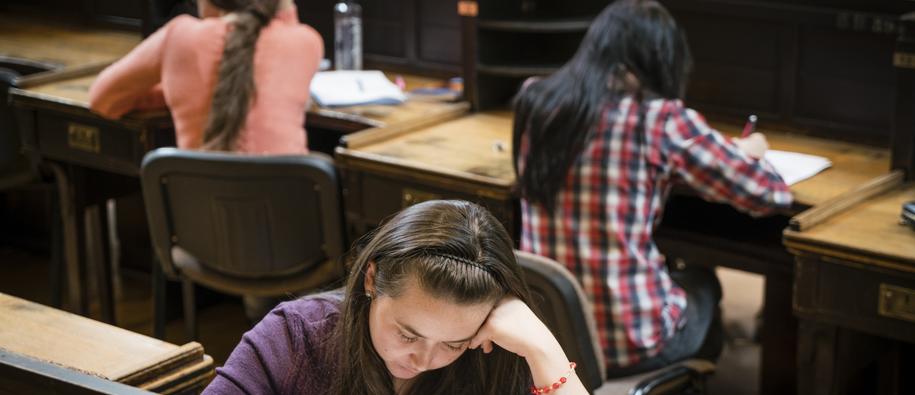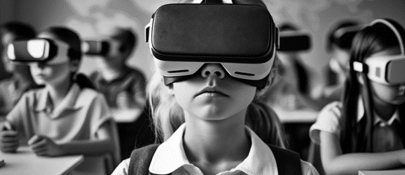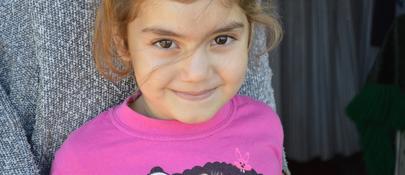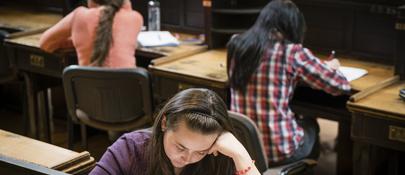
The Challenge
Investment in education is the backbone of a competitive economy. It drives innovation and ensures that people have the necessary skills and knowledge for the job market. Europe faces several common challenges in the area of education:
Mismatch between skills and jobs
Europe faces a persistent mismatch between available jobs and the skills held by workers; people are unable to find jobs because they lack the necessary skills, while jobs remain unfilled due to the lack of skilled staff. This reduces economic growth and increases the pressure on our welfare systems.
Modernising education
In an increasingly connected and knowledge-driven world, ensuring Europe’s competitive standing has become more crucial than ever. This requires adapting the education system to the digital age as well as nurturing entrepreneurial thinking and creativity.
Fighting intolerance and discrimination
Education plays a key role in ensuring social inclusion, and fostering personal development, critical thinking and democratic values. Developing intercultural competencies, encouraging dialogue and acceptance of differences of opinion, convictions and beliefs is key to combating intolerance and discrimination.
Equal opportunities
Studying abroad helps students gain a valuable experience and build skills for the future. Despite EU funding through Erasmus+, there is still a need for additional support in order to make exchange studies a realistic opportunity for all students, irrespective of their financial backgrounds. This is especially important for exchange studies to countries with high costs of living such as Iceland, Liechtenstein and Norway.
Our Approach
Our goal
We aim to enhance human capital and knowledge base in Europe.
How?
By supporting educational cooperation, we work to increase the quality and relevance of education at all levels. The Grants contribute to reaching the targets set under the EU’s Education and Training 2020 framework. Particular emphasis is placed on vocational education and training, as well as lifelong learning. Supported activities in the field of education include:
- Institutional cooperation at all levels of education
- Better quality and relevance of education and training
- Skills for jobs
- Adult participation in lifelong learning
- Professional development of teachers
- Higher education student and staff mobility between donor and beneficiary states
We fund the exchange of students and staff through mobility projects managed by educational institutions in the beneficiary countries, and Iceland, Liechtenstein and Norway. This means that individual students cannot apply directly to the EEA and Norway Grants for funding – the initial applications for funding must come from the institutions. Students seeking funding are encouraged to contact their institutions to see whether they participate in EEA and Norway Grants programmes.
Creating partnerships
Iceland, Liechtenstein and Norway, and the beneficiary countries share common challenges in the education sector. Cooperation and mobility of students and staff is strongly encouraged in order to support learning and sharing of best practice.
The Icelandic Centre for Research (Rannis), the National Agency for International Education Affairs (AIBA), Liechtenstein, and the Norwegian Agency for International Cooperation and Quality Enhancement in Higher Education (DIKU) are donor programme partners in this area and can assist organisations from the donor countries who wish to get involved.



